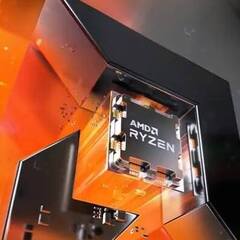Cores vs GHz for Video Editing
-
Featured Topics
-
Topics
-
alexfic ·
Posted in New Builds and Planning3 -
1
-
BryanOttawaDetroit ·
Posted in General Discussion1 -
2
-
2
-
GoStormPlays ·
Posted in WHALE LAN1 -
GoStormPlays ·
Posted in General Discussion6 -
9
-
jordan_wills ·
Posted in New Builds and Planning2 -
5
-


















Create an account or sign in to comment
You need to be a member in order to leave a comment
Create an account
Sign up for a new account in our community. It's easy!
Register a new accountSign in
Already have an account? Sign in here.
Sign In Now